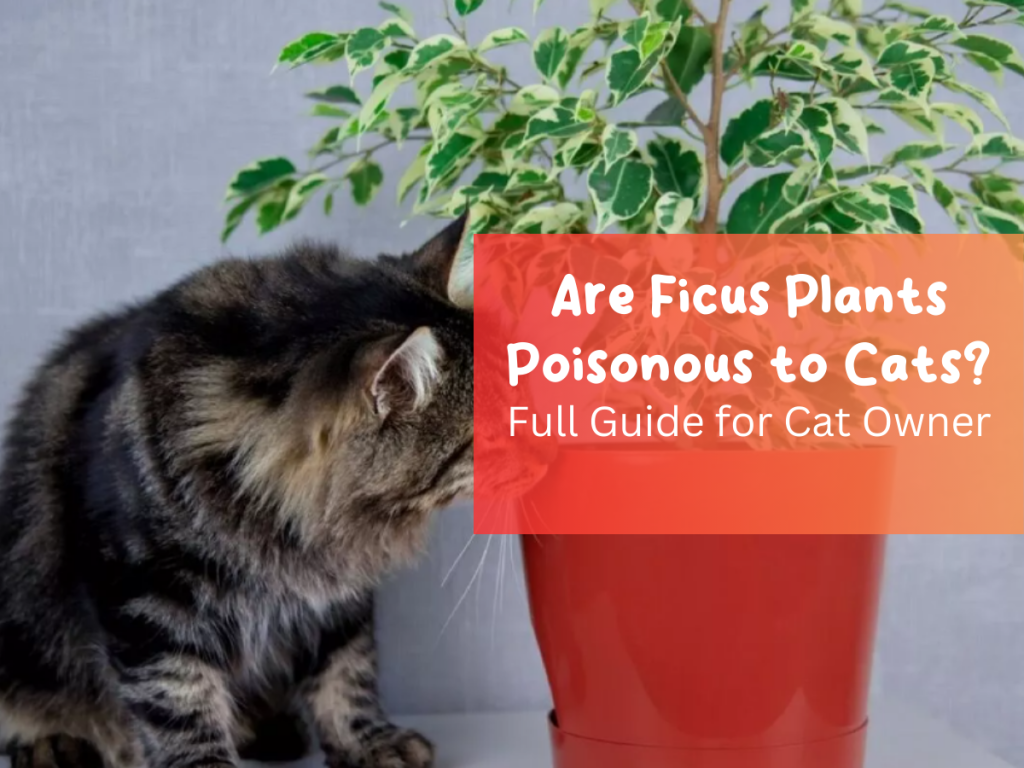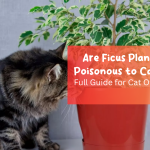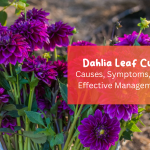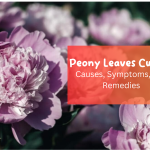Are Ficus Plants Poisonous to Cats? As a cat owner, being aware of potential hazards within your home is crucial. In this article, we will delve into the question of whether Ficus plants are poisonous to cats. Understanding the potential risks associated with Ficus plants is essential for creating a safe and cat-friendly environment. Cats that come into contact with Ficus plants may experience oral and gastric irritation, dermatitis from sap contact, and respiratory distress if they inhale airborne particles. By educating yourself about the potential dangers, you can take preventive measures to ensure the well-being of your feline companions.
Identification of Ficus Plants
Ficus plants include several species, including Ficus benjamina (Weeping fig), Ficus lyrata (Poplar fig), Ficus elastica (Rubber plant), and Ficus pumila (Creeping fig), to name a few. These plants have lush green foliage and are often chosen for their ornamental value. While they can bring a touch of nature into your home, it’s essential to consider their potential impact on your cat’s health.
Toxic Compounds in Ficus Plants
Ficus plants contain toxic compounds that can be harmful to cats. Ficus plants’ most prominent toxic substance is ficin, a proteolytic enzyme. Ficin can cause adverse reactions if swallowed or if the sap comes into contact with cats’ skin or mucous membranes.
Possible health risks for cats
When cats come into contact with fiction, it can cause various health problems; Which can include:
- Oral and Gastric Irritation: Chewing on ficus leaves can cause oral irritation, manifesting as excessive drooling, foaming at the mouth, and difficulty swallowing. Eating ficus leaves can also cause stomach upsets, including vomiting and diarrhea.
- Dermatitis: If the sap of a ficus plant comes into contact with a cat’s skin, it can cause dermatitis or skin inflammation; this can cause itching, redness, swelling, and even blistering.
- Respiratory Difficulties: In some cases, cats may experience shortness of breath when inhaling the particles released by a Ficus plant; this can manifest as coughing, wheezing, sneezing, and difficulty breathing.
It’s important to note that the severity of these symptoms can vary depending on the cat and the level of exposure to the toxic compounds.
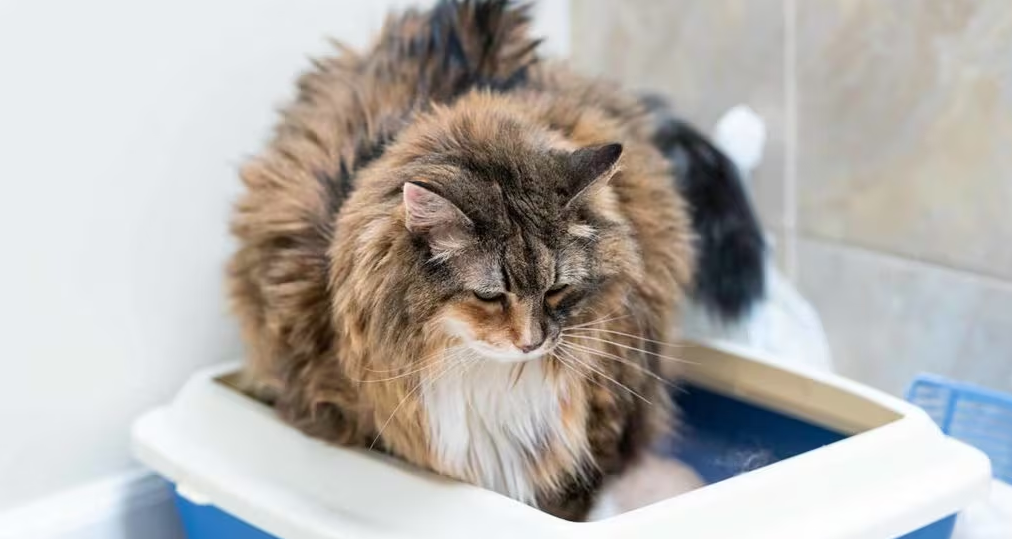
Preventive measures for cat owners
To ensure the safety and well-being of your feline friends, consider taking the following preventive measures:
- Choose Cat-Friendly Alternatives: Opt for pet-friendly plants that won’t threaten your cats. Safe alternatives include boston fern, spider plant, and areca palm. These plants offer a similar aesthetic appeal without the associated risks.
- Keep Ficus Plants Out of Reach: If you still want ficus plants in your home, put them in spots out of reach for your cats. Consider hanging baskets or tall plant stands to prevent your cats from coming into contact with the plants. Remember that cats are agile climbers, so make sure the plants are out of reach.
- Supervise Outdoor Activities: If you have ficus plants in your yard, you’ll want to ensure your cats are supervised during outdoor activities; this minimizes the risk of accidental ingestion or contact with ficus plants.
- Educate Family and Friends: Educate family members and guests about the potential dangers of ficus plants to cats. Ensure they understand the importance of keeping plants away from their feline companions.
Recognize symptoms and consult a veterinarian
If you suspect or know that your cat has eaten a ficus plant, you must immediately ensure your cat’s safety. Here are the steps you should follow:
- Stay Calm: While it can be disconcerting to realize that your cat has ingested a potentially poisonous plant, staying calm is essential. Panic can prevent you from taking appropriate and quick action.
- Assess the situation: Determine how much your cat has been exposed to the ficus plant. Did your cat chew on a few leaves or eat a large amount? This information will be helpful when discussing the situation with your veterinarian.
- Remove the cat from the area: If the ficus plant is accessible, remove your cat from the area to prevent further exposure. Place your cat in a safe and closed place near the plant.
- Gather Information: Gather as much information as possible about the ficus plant. Identify the specific species and note any labels or tags that detail the plant or how to care for it. This information will help your veterinarian understand the potential toxicity and determine the appropriate action.
- Contact Your Vet: Contact your veterinarian or an emergency veterinary clinic immediately. Explain the situation and provide any relevant information, including the type of ficus plant and the level of exposure your cat has. Follow the vet’s instructions on bringing your cat in for an evaluation or further treatment.
- Observe and monitor: While awaiting the vet’s advice, closely monitor your cat’s behavior and look for signs of stress such as B. excessive drooling, vomiting, diarrhea, skin irritation, or breathing problems. Be aware of any changes in your cat’s behavior or appearance, as these can be important clues for your veterinarian.
- Follow the vet’s instructions: Once you’ve contacted your vet, follow their instructions closely. The veterinarian may recommend inducing vomiting, giving activated charcoal, or other treatments depending on the severity of the situation. Do not attempt to induce vomiting or administer medication unless adequately instructed.
- Offer Comfort and Support: Offer your cat comfort and reassurance during this time. Please keep her in a quiet environment to relieve stress and help her recover.
Remember that every situation is unique, and the severity of possible poisoning can vary. It’s essential to consult a veterinarian for accurate information tailored to your cat’s circumstances. Prompt action and professional advice are necessary to ensure the best possible outcome for your cat’s health.
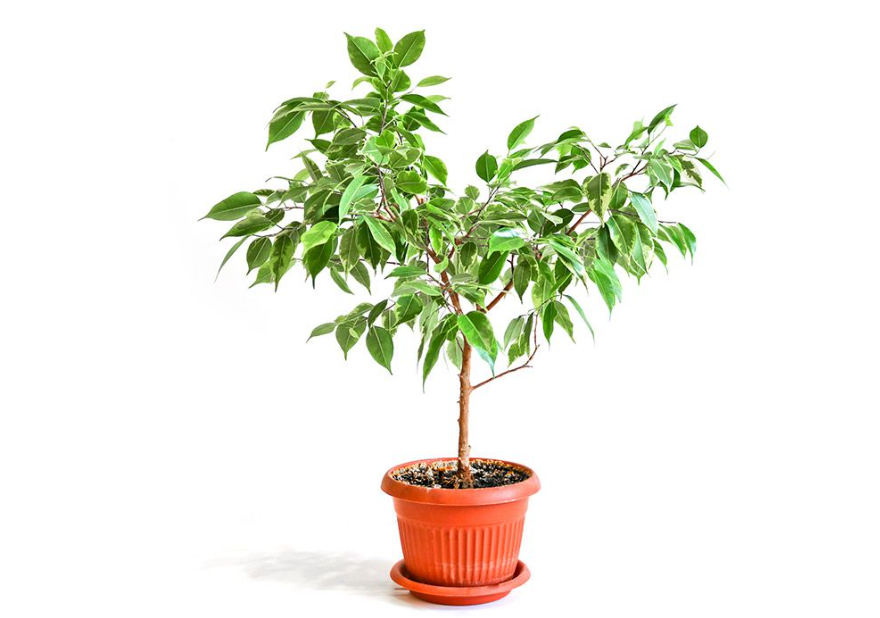
conclusion for Are Ficus Plants Poisonous to Cats?
In conclusion, “Are Ficus Plants Poisonous to Cats?” highlights the importance of being informed about these plants’ potential risks to our feline friends. While Ficus plants can add beauty to our homes, taking precautions to protect our cats from possible harm is crucial. By understanding the symptoms of exposure and taking preventive measures such as opting for cat-friendly plants and keeping Ficus plants out of reach, we can create a safe environment where both our cats and plants can coexist. Remember, the health and well-being of our beloved cats should always be a top priority, and staying educated about potential hazards is vital in providing a safe and enriching environment for our furry companions. Read article about ZZ PLANT TOXIC TO CATS, FUN FACT YOU SHOULD AWARE OF in Avi Hoffman Garden.
FAQ for Are Ficus Plants Poisonous to Cats?
A: If your cat eats ficus, it can lead to various health issues. The toxic compounds in ficus plants, such as ficin, can cause oral and gastric irritation, resulting in excessive drooling, foaming at the mouth, and digestive problems like vomiting and diarrhea. Ingesting ficus leaves can also lead to dermatitis or skin inflammation and in some cases, respiratory distress if your cat inhales airborne particles from the plant.
A: No, ficus is not considered non-toxic to cats. Ficus plants contain toxic substances, including ficin, which can harm cats if ingested or if the sap comes into contact with their skin or mucous membranes. To ensure their safety, it’s essential to take precautions to prevent your cat from accessing ficus plants.
A: Ficus plants are moderately toxic to pets, including cats. The severity of toxicity can vary depending on the individual pet and the extent of exposure. Ingesting ficus leaves can cause oral and gastric irritation, while contact with the plant’s sap can lead to dermatitis. Inhaling airborne particles from ficus plants can also cause respiratory distress in some pets. It’s crucial to seek veterinary care if your pet has been exposed to ficus or displays any symptoms of toxicity.
A: Yes, ficus plants are considered toxic to cats and other pets. The ficus genus contains various species, and ficin, a poisonous enzyme, makes them potentially harmful to animals. It’s essential to be aware of the risks associated with ficus plants and take preventive measures to ensure the well-being of your pets. Opting for pet-safe plants is recommended to avoid any potential toxicity issue

